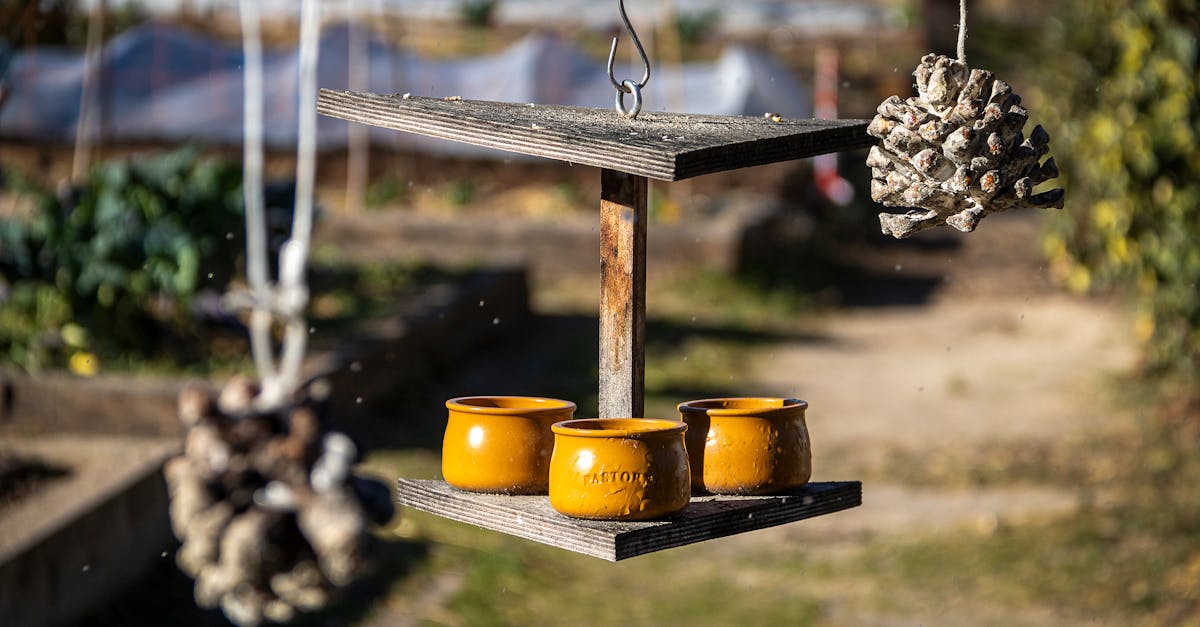Great Not Good
As you may or may not know, most mornings I journal. There was a time when it was me reflecting on the day prior or looking forward to the day ahead without any outside prompts. Then I discovered Ryan Holiday’s The Daily Stoic and used that as my launching pad for journaling topics for a year. From there I learned of other books that are well suited for morning journaling, and as I write this, I am at present using Leo Tolstoy’s (yes, the guy who wrote War and Peace and Anna Karenina) A Calendar of Wisdom.
Tolstoy’s is unique in journaling books from what I have seen because rather than taking a single quote and himself expounding upon that, he will take a theme or idea, and pull in quotes from a wide variety of sources. A single day might have him citing Buddhist wisdom, the Talmud, Marcus Aurelius, Said-Ben-Hamed, and more. It is a good indication and a reminder that no single philosophy, religion, or ideology has a monopoly on some of the most important and universal human truths.
A recent morning’s prompt really stuck out to me. After citing Michele de Montaigne, an Arabic proverb, and the Bible, Tolstoy provides the following with no citation:
“Real wisdom comes, not from knowing what is good and what should be done, but from knowing which is the better thing and which is the worse, and therefore, what should be done and what should be done later.”
Reading this, I couldn’t help but think back to a similar quote from Steve Jobs:
“People think focus means saying yes to the thing you’ve got to focus on. But that’s not what it means at all. It means saying no to the hundred other good ideas that there are. You have to pick carefully. I’m actually as proud of the things we haven’t done as the things I have done. Innovation is saying no to 1,000 things.”
We are awash in a world of plenty, a world of excess really. This is as true for ideas and the things we can do as it is for the material items we can purchase and consume. Whether it is an under resourced startup trying to determine which customer segment to focus on (there are so many it could work for!), a parent trying to figure out which sports and activities her children can realistically handle, or just the rest of us trying to determine what commitments to take on at work, home, and with friends and family, few of us have a dearth of “good things” that we could, or maybe even should do.
In such a world of excess, however, it is unrealistic and at times inhumane to say yes to all or even most of them. To do the great thing means we have to say no to tens, or hundreds, or in Apple’s case, a 1,000 good things. It is only when we can identify that “better thing,” and fully get behind it that we can make the better thing great. Otherwise, we are left holding a basketful of things that were potentially good, but that never reached their potential because none received the care and attention required to make it what it could be.
It's fun to say “yes” to a new idea or activity. It can be painful to say “no” to the same. If we are to build a great, not a good life, the wisdom of the ages seems to say we are going to have to say no far more than we say yes. It comes with a cost, no doubt, but the payoff is real as well.











